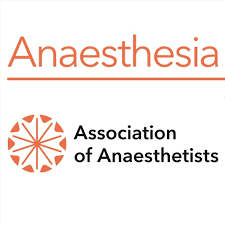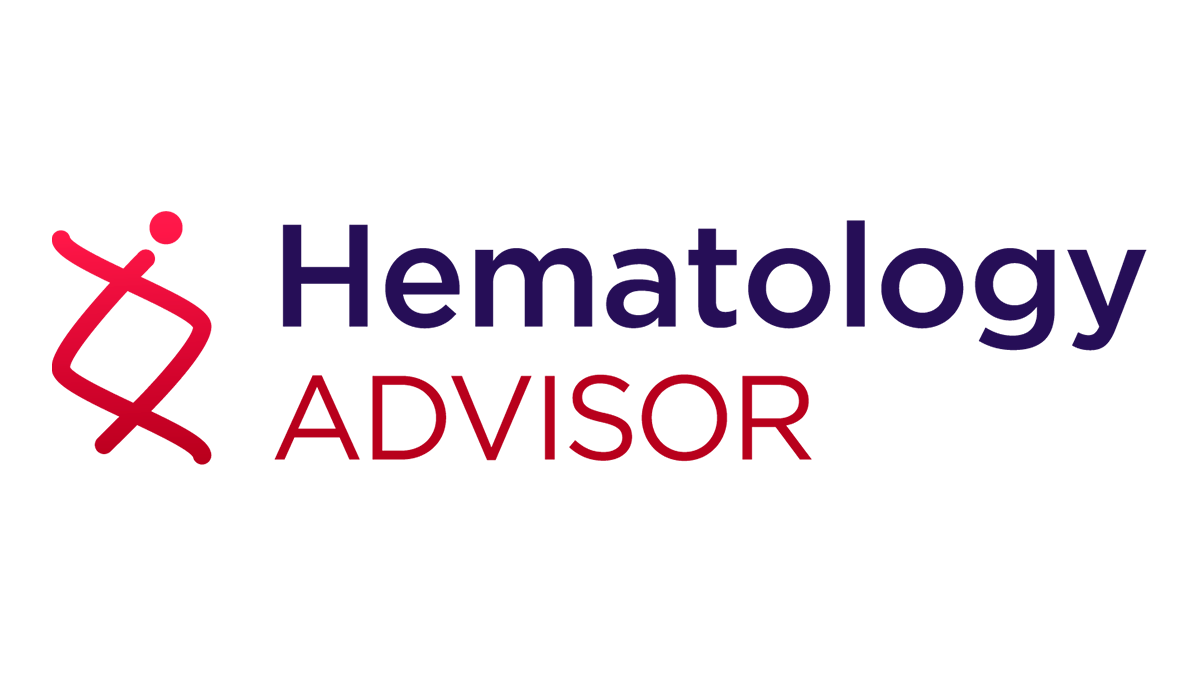Personalized perioperative pain management reduces opioid use

Editor's Note Helping patients taper opioids preoperatively before deploying multimodal care strategies can help prevent instances of patients already with prescriptions going home with even higher doses. That’s the main takeaway from an April 22 MedCentral interview with Marie N. Hanna, MD, division chief for regional anesthesia and acute pain…
Study: GLP-1 drugs heighten risk of gastric residue but not perioperative pulmonary aspiration

Editor's Note Taking GLP-1 receptor agonists before anesthesia increases the risk of residual gastric contents, but evidence is lacking for a corresponding increase in perioperative pulmonary aspiration risk, according research published April 15 in the journal Anaesthesia. The systematic review and meta-analysis analyzed 28 observational studies involving over 466,000 patients…
Expansive study highlights GLP-1 risks, potential beyond weight loss, diabetes treatment

Editor's Note Known for managing Type 2 diabetes and promoting weight loss, GLP-1 drugs like Ozempic and Wegovy may also reduce the risks of numerous other conditions, including Alzheimer’s, substance use disorders, and certain cancers, according to an article published in Fortune January 20. Led by the Veterans Affairs St.…
Study: Adjusting Caprini score may improve perioperative VTE risk prediction for Blacks, Latinos

Editor's Note A study presented at the ASH Annual Meeting 2024 found that the current Caprini score, a widely used model for assessing perioperative venous thromboembolism (VTE) risk, underestimates risk in Black patients while overestimating it in Latino patients. Hematology Advisor reported the news January 6. According to the article,…
Study: Virtual reality videos ease fear, anxiety in cardiac surgery patients

Editor's Note Using virtual reality glasses (VR-G) to watch immersive 360-degree nature videos significantly reduces preoperative surgical fear in patients undergoing open-heart surgery, according to a randomized controlled study published November 29 in the Journal of Perianesthesia Nursing. However, anxiety levels were not markedly affected, suggesting targeted efficacy in fear…
Study: Blood thinner, NSAID combination raises bleeding risk

Editor's Note Research reveals combining non-steroidal anti-inflammatory drugs (NSAIDs) with blood thinners heightened bleeding risk across multiple organ systems, HealthDay reported November 18. The study analyzed nearly 52,000 Danish patients prescribed blood thinners between 2012 and 2022, examining NSAID interactions with multiple anticoagulants including rivaroxaban, apixaban, dabigatran, edoxaban, and warfarin.…
Study: Delaying elective surgery after myocardial infarction reduces complications in older patients

Editor's Note Older adults face a significantly higher risk of complications including stroke and recurrent heart attacks if they undergo elective noncardiac surgeries soon after myocardial infarction, according to a University of Rochester study published October 30 in JAMA Surgery. According to a University announcement, current guidelines from the American…
New guidance: Preoperative GLP-1s safe for surgical patients

Editor's Note Joint guidance from key US medical associations advises that most patients on GLP-1 weight-loss medications, such as semaglutide (Ozempic, Wegovy) and tirzepatide (Mounjaro), may safely continue these drugs before surgery, HealthDay News reported October 31. Concerns had emerged about potential risks associated with these medications due to their…
Study: Poor sleep before surgery boosts risk of postoperative delirium

Editor's Note Poor sleep quality in the month leading up to surgery could increase the risk of postoperative delirium, according to research presented at the Anesthesiology 2024 annual meeting, hosted by the American Society of Anesthesiologists (ASA). An October 15 report in NewsWise has the details. According to the article,…
Study: Repeated fasting for multiple surgeries risks malnutrition, mortality

Editor's Note Research shows repeated fasting for multiple surgeries during a single hospital stay significantly raises the risk of protein-calorie malnutrition, leading to longer recovery times, increased healthcare costs, and a higher likelihood of death. HealthDay covered the news October 21. Presented at the American Society of Anesthesiologists annual meeting,…

 Free Daily News
Free Daily News